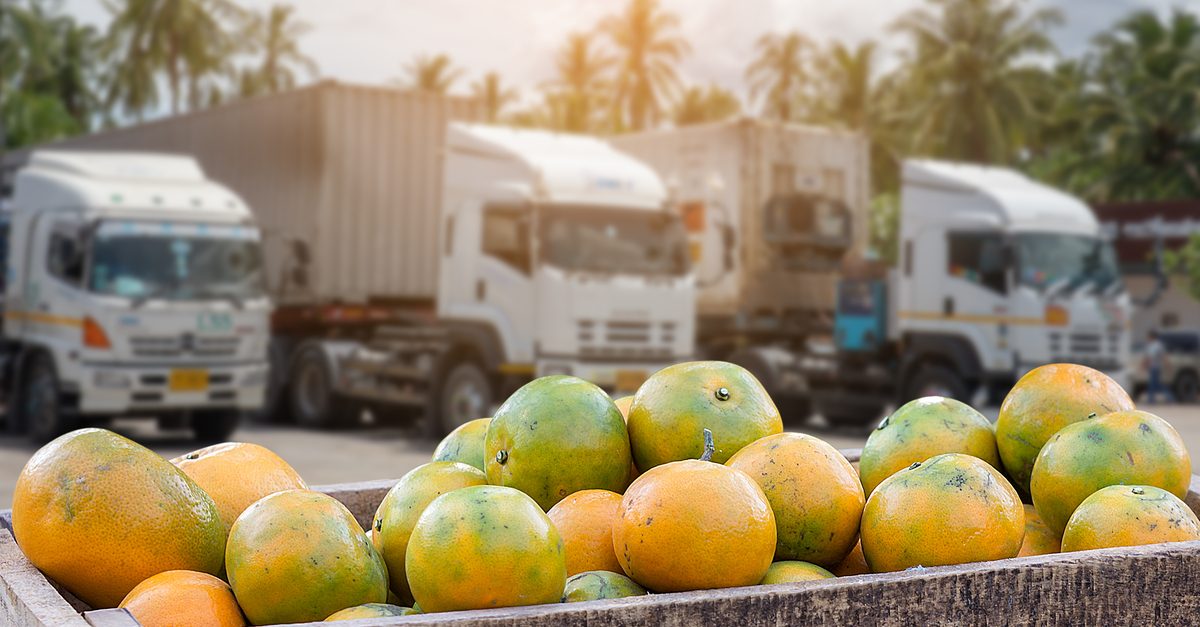
The pandemic disrupted the food ecosystem by giving an opportunity to reinvent safer, healthier, resilient, and sustainable food systems. The World Health Organisation (WHO) emphasised on Food Safety being a public health priority and a human right. Food Safety is a shared responsibility of all the participants in the food supply chain and collaborative approaches would bring new technology innovations in this ecosystem.
10 in 1 people of the 600 million global population, fall ill due to foodborne contamination, leading to food insecurity and incurring a loss of hundreds of billion dollars. Foodborne illnesses due to microbial contamination, allergens, and adulteration are on the rise making it a significant health issue. According to an estimate by CDC, 48 million Americans get sick due to foodborne diseases annually and according to a public survey, 42% of EU citizens cited food safety as the main factor for food selection.
Why is Food Safety important?
Food Safety refers to the production, processing, handling, and storage of food in the best possible way to avoid risks due to food contamination. The growing world population, urbanisation, climate change, globalisation of trade, and the rapidly changing food ecosystem have made the food supply chain longer and more complex. These factors have influenced food production and distribution and have triggered the immense need for food safety. A safe food supply chain promotes good health, supports trade, and stimulates sustainable development.
Consumers today want to know about the provenance of food, right from its origin, to how the food is produced, processed, packaged, labeled, and sold. This puts a greater pressure on food producers and processors to deliver quality food, assuring high levels of food safety. The need for transparency and visibility in the entire supply chain becomes a necessity.
Challenges in Food safety
- Globalisation of trade has resulted in fragmented supply chains increasing the vulnerability of food safety at all stages in the supply chain
- The changing dietary trends in consumers
- Climatic dependencies and impact on food production
- Price fluctuations
- Decrease in agriculture productivity
- Antimicrobial resistance
- Depletion of natural resources
- Trust deficiencies among stakeholders of the supply chain
- Prevalence of food fraud, adulteration, and mislabeling.
- No harmonisation of food safety standards and stringent regulatory needs.
Digitisation of the agriculture value chains
The solutions to the quality and improvement in food production, adherence to regulatory quality standards, transparency and traceability in the food supply chains and sustainability lies in the digitalisation of the agriculture supply chains. Digitisation of the entire supply chain at all stages right from the source to consumption helps to track the relevant data and share it among the stakeholders in the supply chain and showcase the transparent story to the end consumer thereby ensuring food safety.
Digitisation also helps farmers to realise enhanced productivity, reduction in losses and quality food for a better market linkage. Digitisation reduces production losses by 30% and increases their incomes by over 50 %. This raises the competitive levels and helps brands to gain credibility and trust among consumers who are assured of safe and healthy food.
Traceability the way forward
Traceability is a tool to track the entire food journey from farm to fork, thereby assuring the consumer of a quality product. Traceability reduces business risks and aids in food recalls, thereby preventing huge losses. Food supply chain traceability helps organisations to stay competitive and both in domestic and global markets with an underlying assurance of food security to the public. The ability to trace the product right from production, processing, transport, storage and distribution builds visibility and transparency in the entire supply chain making it robust and resilient.
Food Traceability Drivers
The global food traceability market size reached USD 4.54 billion in 2020 and is expected to register a CAGR of 10.2% by 2028.
The factors that continue to drive the traceability market are
- Increase in adoption of traceability solutions for tracking and tracing of food in the supply chain.
- Need for documented data at all points in the supply chain
- Need to improve quality of food and reduce risk of food contamination
- Reduce food fraud, ensure quick food recalls and increase supply chain efficiency.
- Build safe and trustworthy brands for the end consumer.
- Ascertaining source of raw materials and ingredients
- Compliance to FDA regulations.
Blockchain and Food Safety
Blockchain is revolutionising food supply chains with improved traceability and response to food hazards. Blockchain can enhance consumer trust, increase production efficiency and reduce business risks. The real-time capture of data on digital ledgers gives a digital identity to the product and sharing this data on a collaborative platform helps to build trust among stakeholders in the supply chain, thereby driving product authenticity. The distributed and digitised record-keeping builds credibility and security in the food ecosystem. Blockchain traceability systems provide a unique advantage in food supply chain management.
Benefits of Blockchain
- Improved product visibility and traceability
- Smart contracts between trading partners
- Real-time data capture for recall management
- Enhanced data protection with immutability
- Product authenticity, accountability and Transparency in the supply chain
Blockchain technology is a promising solution for food safety and security.
Food safety is critical for the well-being of mankind, agricultural progress, economic growth, and market integration. It also contributes to the achieving of Sustainable Development Goals by ending poverty and hunger and promoting health and wellbeing. In this highly sensitive and disruptive food ecosystem, it is the responsibility of food businesses to improve food safety in their supply chain, identify the supply chain risks and mitigate them with technology interventions.
TraceX – Blockchain for Food Supply Chain and Traceability Software
TraceX is a blockchain-powered traceability software that enhances food supply chain visibility to build trust and maximize long term value for your business. Visit https://tracextech.com/ to find out more.

